Best movies like Council of the Gods
A unique, carefully handpicked, selection of the best movies like Council of the Gods Starring Fritz Tillmann, Paul Bildt, Helmuth Hinzelmann, Yvonne Merin, and more. If you liked Council of the Gods then you may also like: Naked Among Wolves, Night Will Fall, Odette, The Rock, Judgment at Nuremberg and many more popular movies featured on this list. You can further filter the list even more or get a random selection from the list of similar movies, to make your selection even easier.
Based on the records of the Nuremberg trial of the chemical giant IG Farben; a story about the collaboration between international corporations and Nazi scientists, whose research contributed to the death of millions. The chemist Dr. Hans Scholz lives through a tortuous political transformation and maturation process. Eventually, he adopts political neutrality and closes his eyes to the fact that the poison being produced in his factory is being used in the extermination camps. Standing before the judges at the Nuremberg trials, he must face the fact that he is implicated in the deaths of millions in the gas chambers of the concentration camps.
Council of the Gods
You may filter the list of movies on this page for a more refined, personalized selection of movies.
Still not sure what to watch click the recommend buttun below to get a movie recommendation selected from all the movies on this list
Night Will Fall
When Allied forces liberated the Nazi concentration camps in 1944-45, their terrible discoveries were recorded by army and newsreel cameramen, revealing for the first time the full horror of what had happened. Making use of British, Soviet and American footage, the Ministry of Information’s Sidney Bernstein (later founder of Granada Television) aimed to create a documentary that would provide lasting, undeniable evidence of the Nazis’ unspeakable crimes. He commissioned a wealth of British talent, including editor Stewart McAllister, writer and future cabinet minister Richard Crossman – and, as treatment advisor, his friend Alfred Hitchcock. Yet, despite initial support from the British and US Governments, the film was shelved, and only now, 70 years on, has it been restored and completed by Imperial War Museums under its original title "German Concentration Camps Factual Survey".
Odette
The film is based on the true story of Special Operations Executive French-born agent Odette Sansom, who was captured by the Germans in 1943, condemned to death and sent to Ravensbrück concentration camp to be executed. However, against all odds she survived the war and testified against the prison guards at the Hamburg Ravensbrück Trials. She was awarded the George Cross in 1946; the first woman ever to receive the award, and the only woman who has been awarded it while still alive. (From Wikipedia, licensed under CC-BY-SA)
The Rock
When vengeful General Francis X. Hummel seizes control of Alcatraz Island and threatens to launch missiles loaded with deadly chemical weapons into San Francisco, only a young FBI chemical weapons expert and notorious Federal prisoner have the stills to penetrate the impregnable island fortress and take him down.
Judgment at Nuremberg
In 1947, four German judges who served on the bench during the Nazi regime face a military tribunal to answer charges of crimes against humanity. Chief Justice Haywood hears evidence and testimony not only from lead defendant Ernst Janning and his defense attorney Hans Rolfe, but also from the widow of a Nazi general, an idealistic U.S. Army captain and reluctant witness Irene Wallner.
Assassins
True crime meets global spy thriller in this gripping account of the assassination of Kim Jong-nam, the half brother of the North Korean leader. The film follows the trial of the two female assassins, probing the question: were the women trained killers or innocent pawns of North Korea?
Bent
Max is a handsome young man who, after a fateful tryst with a German soldier, is forced to run for his life. Eventually Max is placed in a concentration camp where he pretends to be Jewish because in the eyes of the Nazis, gays are the lowest form of human being. But it takes a relationship with an openly gay prisoner to teach Max that without the love of another, life is not worth living.
The Boy in the Striped Pyjamas
When his family moves from their home in Berlin to a strange new house in Poland, young Bruno befriends Shmuel, a boy who lives on the other side of the fence where everyone seems to be wearing striped pajamas. Unaware of Shmuel's fate as a Jewish prisoner or the role his own Nazi father plays in his imprisonment, Bruno embarks on a dangerous journey inside the camp's walls.
Charlotte
The true story of Charlotte Salomon, a young German-Jewish painter who comes of age in Berlin on the eve of the Second World War. Fiercely imaginative and deeply gifted, she dreams of becoming an artist. Her first love applauds her talent, which emboldens her resolve. When anti-Semitic policies inspire violent mobs, she escapes to the safety of the South of France. There she begins to paint again, and finds new love. But her work is interrupted, this time by a family tragedy that reveals an even darker secret. Believing that only an extraordinary act will save her, she embarks on the monumental adventure of painting her life story.
The Grey Zone
A Nazi doctor—along with the Sonderkomando, Jews who are forced to work in the crematoria of Auschwitz against their fellow Jews—find themselves in a moral grey zone.
Escape from Sobibor
The true story of WWII's notorious Sobibor Nazi death camp, where a courageous inmate orchestrates and leads the escape of over 300 prisoners.
The Formula
While investigating the death of a friend and fellow cop, Los Angeles police officer Barney Caine stumbles across evidence that Nazis created a synthetic alternative to gasoline during World War II. This revelation has the potential to end the established global oil industry, making the formula a very valuable and dangerous piece of information. Eventually, Caine must contend with oil tycoon Adam Steiffel, who clearly has his own agenda regarding the formula.
My Good Hans
It is a story about the Soviet worker Pyotr and the German engineer Hans, who came to the USSR before the war on a business trip. At a Soviet plant the German team works in cooperation with Russian specialists. Once Hans makes a mistake which causes the explosion of the furnace and human losses. Hans finds himself at the mercy of Pyotr, the only witness to his actions near the furnace. Pyotr also depends on Hans, because Pyotr’s very presence near the furnace entails accusation of subversive actions and a death sentence. Mutual suspicion gives way to silent sympathy and later friendship. They even look like each other, both have small children. Pyotr secretly leaves the town with his family but Hans feels loss rather that relief at the disappearance of the embarrassing witness.
Night of the Zombies
Investigators search for soldiers' missing bodies, and hear unbelievable rumors about zombies. Dismissing those rumors they set out to investigate. After two men are found dead, CIA special-agent Nick Monroe is sent to flush out what are suspected to be deserters from the old U.S. Army Chemical Corps unit. Not to be confused with the 1980 Italian film of the same name (in USA).
Hôtel Terminus: The Life and Times of Klaus Barbie
Winner of a Best Documentary Academy Award, Marcel Ophuls' riveting film details the heinous legacy of the Gestapo head dubbed "The Butcher of Lyon." Responsible for over 4,000 deaths in occupied France during World War II, Barbie would escape--with U.S. help--to South America in 1951, where he lived until a global manhunt led to his 1983 arrest and subsequent trial.
The Man Who Captured Eichmann
Set in 1960, the story follows the efforts of the Mossad, the Israeli Secret Service, to find former SS Colonel Adolf Eichmann, who ran from Germany to Argentina and took the name Ricardo Clement. He was wanted for the murders of both Europeans and Jews during the Holocaust. Learning of Eichmann's living in Argentina, the Mossad sends a team to capture him, led by agent Peter Malkin. The standing order: bring Eichmann back alive to Israel for trial.
The Memory of Justice
This exceptional, disturbing and thought-provoking documentary compares the atrocities committed by the Nazis as revealed during the Nuremberg trials to those committed by the French in Algeria and those done by the Americans in Vietnam. The four hour epic questions the right of any country to pass self-righteous moral judgements upon the actions of another country.
Mr. Death: The Rise and Fall of Fred A. Leuchter, Jr.
A portrait of the life and career of the infamous American execution device designer Fred A. Leuchter, Jr. Mr. Leuchter was an engineer who became an expert on execution devices and was later hired by holocaust revisionist historian Ernst Zundel to "prove" that there were no gas chambers at Auschwitz. Leuchter published a controversial report confirming Zundel's position, which ultimately ruined his own career. Most of the footage is of Leuchter, working in and around execution facilities or chipping away at the walls of Auschwitz, but Morris also interviews various historians, associates, and neighbors.
The Lost One
A German scientist murders his fiancée during World War II when he learns that she has been selling the results of his secret research to the enemy.
God on Trial
In the Jewish tradition of arguing with God, Jewish prisoners in Auschwitz decide to put God on Trial.
One Day You'll Understand
A man endeavors to collect memories of his grandparents who died in a concentration camp during the Holocaust.
Death Is My Trade
“Death is my Trade” centers on the life of Rudolph Höss, the commandant of Auschwitz II-Birkenau for the majority of its existence. The main character's name in the film is Franz Lang. This name change was deliberate to ensure that the character is not automatically viewed as being some sort of villain or demon. Franz is an average German kid growing up during World War I. The film follows Franz as he grows up and becomes a hard, efficient, organized worker who eventually joins the National Socialist party in Germany. Impressionable young Franz takes orders as one of the utmost points of honor and duty, so when he is eventually asked by Heinrich Himmler to become commandant of the largest extermination camp built during WWII he barely hesitates to consider how heavy such a burden will be.
German Concentration Camps Factual Survey
On the 29th September 1945, the incomplete rough cut of a brilliant documentary about concentration camps was viewed at the MOI in London. For five months, Sidney Bernstein had led a small team – which included Stewart McAllister, Richard Crossman and Alfred Hitchcock – to complete the film from hours of shocking footage. Unfortunately, this ambitious Allied project to create a feature-length visual report that would damn the Nazi regime and shame the German people into acceptance of Allied occupation had missed its moment. Even in its incomplete form (available since 1984) the film was immensely powerful, generating an awed hush among audiences. But now, complete to six reels, this faithfully restored and definitive version produced by IWM, is being compared with Alain Resnais’ Night and Fog (1955).
Ordinary Men: The "Forgotten Holocaust"
The Nuremberg Einsatzgruppen trial of 1947/1948 is considered the largest murder trial in history against members of four death squads from the security police and SD (the security service of the SS). During World War II, six million Jews were murdered. Four million died in the extermination camps, but two million people were killed in systematic mass shootings. The perpetrators came face to face with their victims. They shot at men, women, children - day after day, obediently and assiduously, as if it were normal work. Tens of thousands of Germans belonged to the mobile commandos of the task forces and police battalions. Who were these men, how could they commit such murders? What did the few survivors tell, how were they able to escape the mass extinction and live on with the horrific experience? Based on written traditions, original documents, film footage and photos as well as expert statements, the documentary traces the path of one of these murder battalions.
Death Camp Treblinka: Survivor Stories
The only two survivors of the Treblinka concentration camp recount the horrors they experienced and tell how their lives were after escaping during a revolt in 1943.
Human Lampshade: A Holocaust Mystery
This story follows one man's quest to uncover the origins and reveal the mysteries of a possible Holocaust artifact some historians now say never existed: lampshades made of human skin. When the flood waters of Hurricane Katrina receded, they left behind a wrecked New Orleans and a strange looking lamp that an illicit dealer claimed was 'made from the skin of Jews.'
The Guard of Auschwitz
Nazi occupied Poland, during the World War II. Hans, a former brilliant student, has become an SS officer stationed at the Auschwitz-Birkenau concentration camp. When he is commissioned by his superior officer to build an efficient gas chamber, Hans, facing the harsh reality, begins to realize the magnitude of the atrocious acts of which he is being accomplice.
A Prayer for Rain
Thirty years on from the 1984 Union Carbide plant malfunction, the consequences of which are tragically ongoing, A Prayer for Rain is the powerful and moving story of the Bhopal tragedy, one of the great corporate and environmental scandals of the last half-century. It dramatises the dependence of the local community on the chemical plant that will eventually cause catastrophe, and the series of oversights that led to an event that stands as a benchmark for corporate irresponsibility in the developing world.
The Adventures of Tartu
British Captain Terence Stevenson (Robert Donat) accepts an assignment even more dangerous than his everyday job of defusing unexploded bombs. Fluent in Romanian and German and having studied chemical engineering, he is parachuted into Romania to assume the identity of Captain Jan Tartu, a member of the fascist Iron Guard. He makes his way to Czechoslovakia to steal the formula of a new Nazi poison gas and sabotage the factory where it is being manufactured.
Hasenjagd - Vor lauter Feigheit gibt es kein Erbarmen
This film is based on the actual events referred to as the "Mühlviertler Hasenjagd" (Hare-hunt in the Mühlviertel) which occurred in February 1945 around the Mauthausen concentration camp. 500 Soviet officers form death block 20 attempt to escape, but only 150 of them actually succeed. Following the tally-ho of the SS, a barbaric manhunt begins. Only very few fugitives survive. With a lot of good luck, the two young officers Michail and Nikolai reach the Karner family's farm. Frau Karner persuades her husband to hide the two escapees.
The Story of a Murder
In the mid-1950s, mayor Zwischenzahl is killed on the day of his inauguration in a West German town. The killer is Ruth Bodenheim, a Jewish woman, who wanted to avenge the death of her parents. Zwischenzahl, a former SA member, was apparently involved in the deportation of her parents to a concentration camp during the war. Ruth cannot bear the horrible events and the death of her parents and wants to open the eyes of the town′s residents.
Genocide
The mass murder of Jewish people by the Nazi regime is chronicled, with a warning that anti-Semitism is on the rise and the events of the Holocaust could happen again. The history of European Jewish culture and events before and during the Holocaust are seen in newsreels, photographs, and animated segments. The words of the victims of the era are read, and footage from the liberation os a concentration camp is shown.

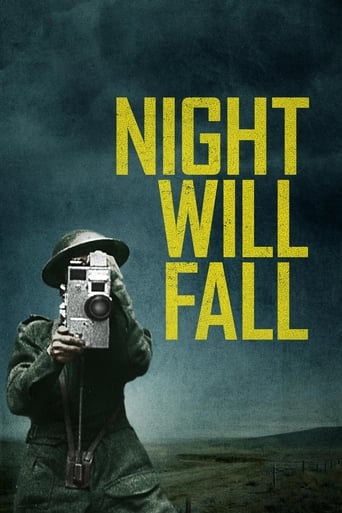

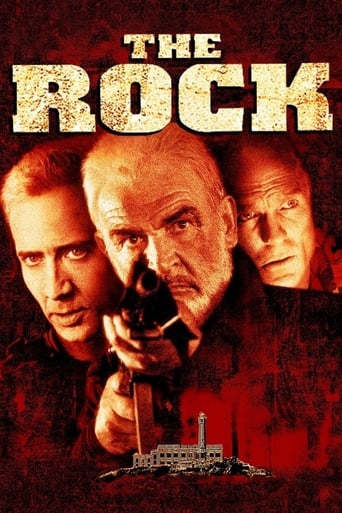
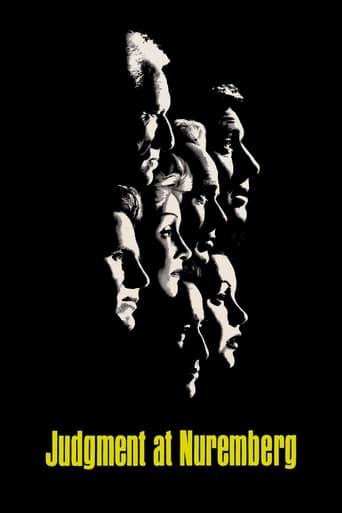


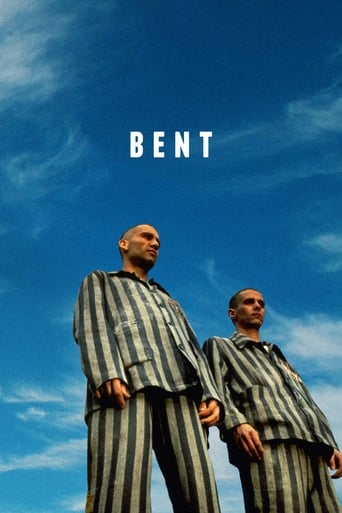

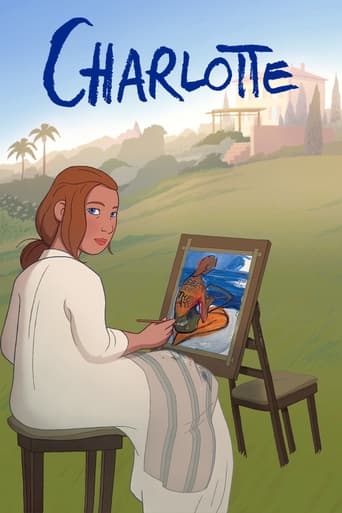
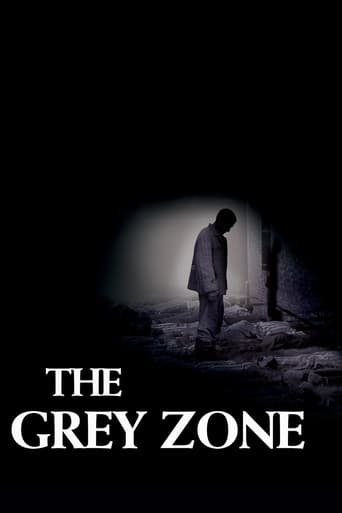





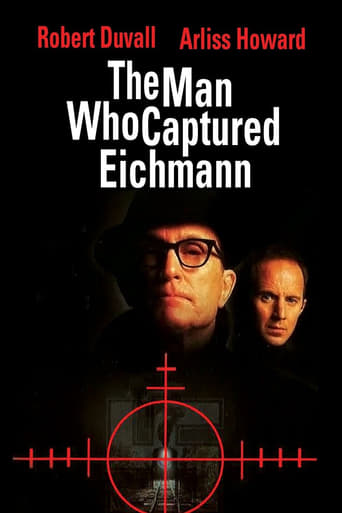



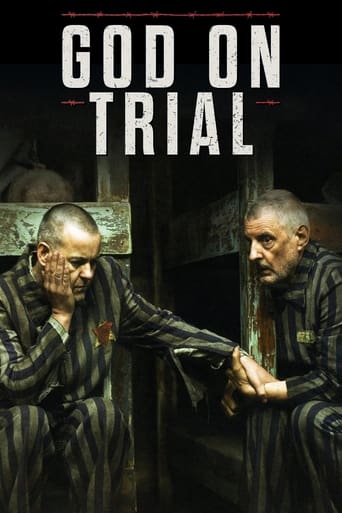
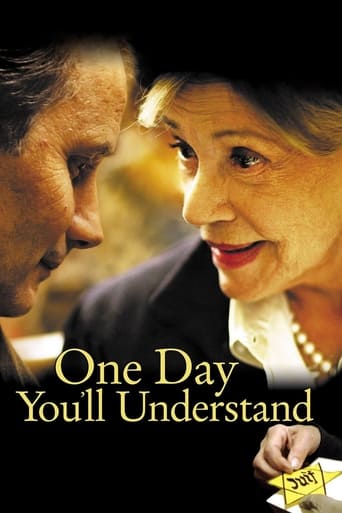







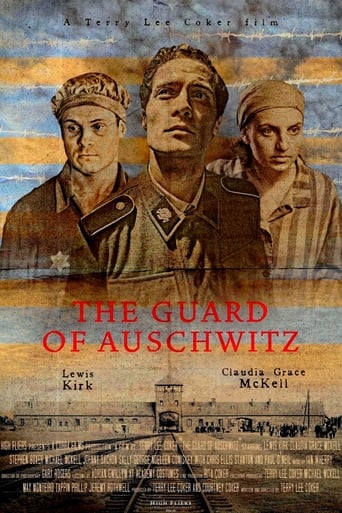




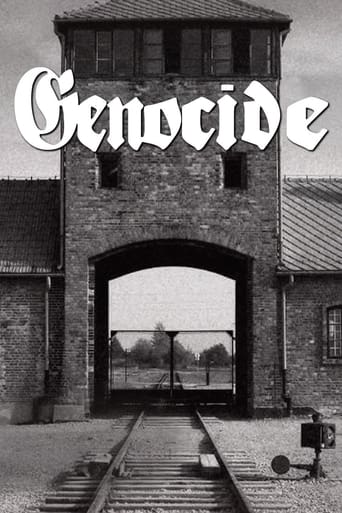

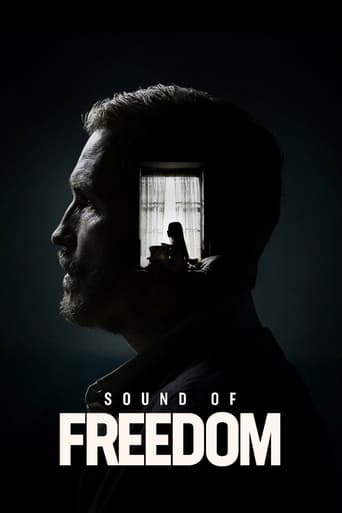
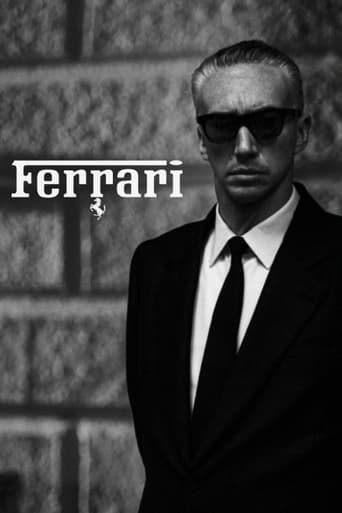
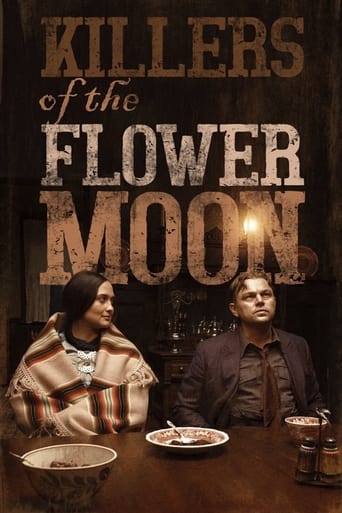
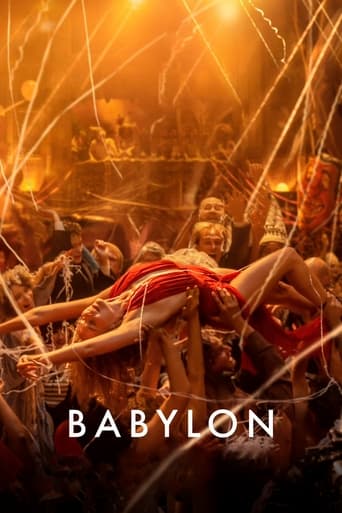
Naked Among Wolves
Based on a true story of inmates at KZ Buchenwald that risked their lives to hide a small Jewish boy shortly before the liberation of the camp.